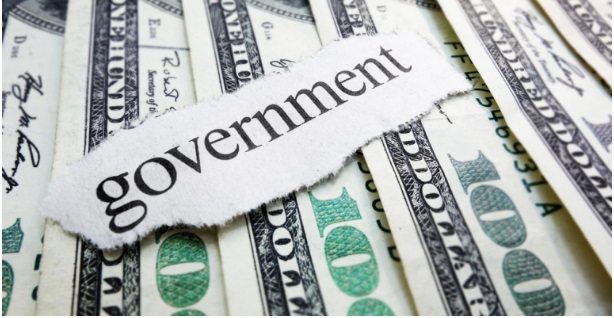The Federal Government has said that it plans to add $150 billion to the country’s foreign reserves within a 10-year period.
This was disclosed by the Minister of State for Budget and National Planning, Prince Clem Agba, on Wednesday at the press briefing jointly organised by the Nigerian Economic Summit Group (NESG) and the Federal Government.
Agba said that the funding would be pooled from the combined strengths of non-oil exports over the next 10 years.
He said that this was among the goals of the Federal Government to improve the country’s health and economic data.
The minister said, “Measures put in place by the government of Nigeria have ensured that both health and economic data have continued to be on the positive trajectory. Nigeria’s Gross Domestic Product (GDP) grew by 5.01 percent (year-on-year) in real terms in the second quarter of 2021.
“The Q2 2021 growth rate was higher than the -6.10 percent decline recorded in Q2 2020 and the 0.51 percent growth recorded in Q1 2021 year-on-year, indicating the return of business and economic activity levels seen prior to the nationwide implementation of COVID-19 related restrictions.
“To sustain this growth trajectory, the Special-Industrial Processing Zones (SAPZs), an Initiative by African Development Bank Group, public and private sector will be established in all 36 states of Nigeria including FCT. It is a 10- year development programme to be financed under the African Development Bank (AFDB) which will guarantee steady annual growth rate of about 5 percent over the next 10 years from year 2023.
“The private sector has capacity if pursued with desired commitment by the Public and Private Sector to provide 25 million permanent employments and 25 million housing.
“The plan amongst others, is to add at least US$150 billion to the country’s foreign reserves cumulatively from non-oil exports over the next 10 years; create at least 500,000 additional export linked jobs annually due, principally to increase in productive export activities; lift at least 10 million Nigerians out of poverty and empower each state and its people by integrating them into the export value chain.
READ ALSO: IMF Reviews Nigeria Economic Growth Upwards
“These efforts/initiatives, therefore, would unlock the potentials of each state in the development and promotion of at least one crop for export.”
Agba also noted that the Federal Government would require the sum of N350 trillion to fund the National Development Plan for 2021 to 2025.
Splitting the fund sources, he said that the Federal Government would contribute N50 trillion, while states would provide N20 trillion.
Dolling out the larger share of funds are players in the private sector, expected to donate a total of N300 trillion.
He said, “The N50 trillion is with regard to funding requirements for the National Development Plan capital project for 2021 to 2025. With the projects that have been projected and costed, there will be a requirement of about N350 trillion and out of this, N300 trillion is expected to flow in from the organised private sector in terms of investment and all of that.
“And that the government will be contributing about N50 trillion. The government here is federal and state. The portion of government is about N30 trillion. For the state (sub-nationals) it is about N20 trillion.”












